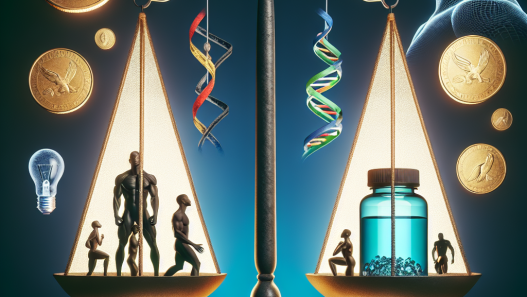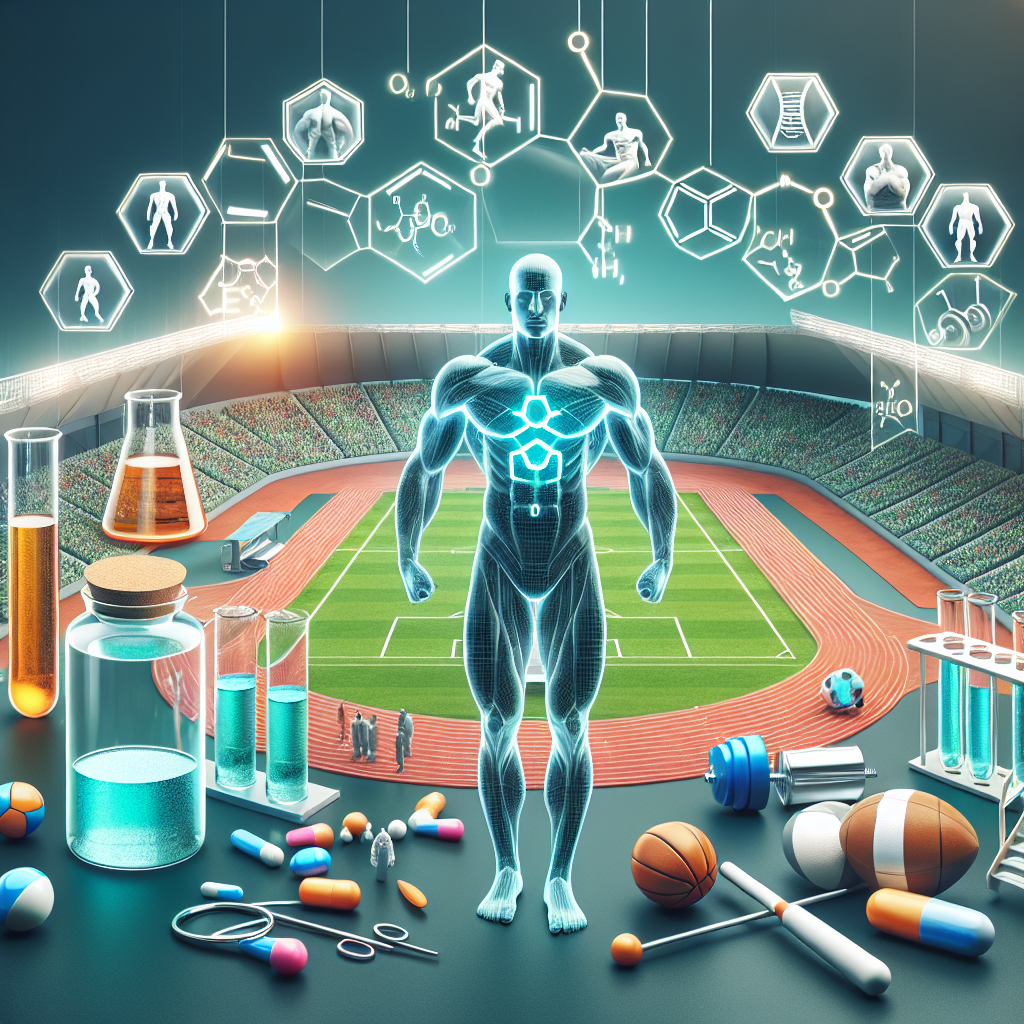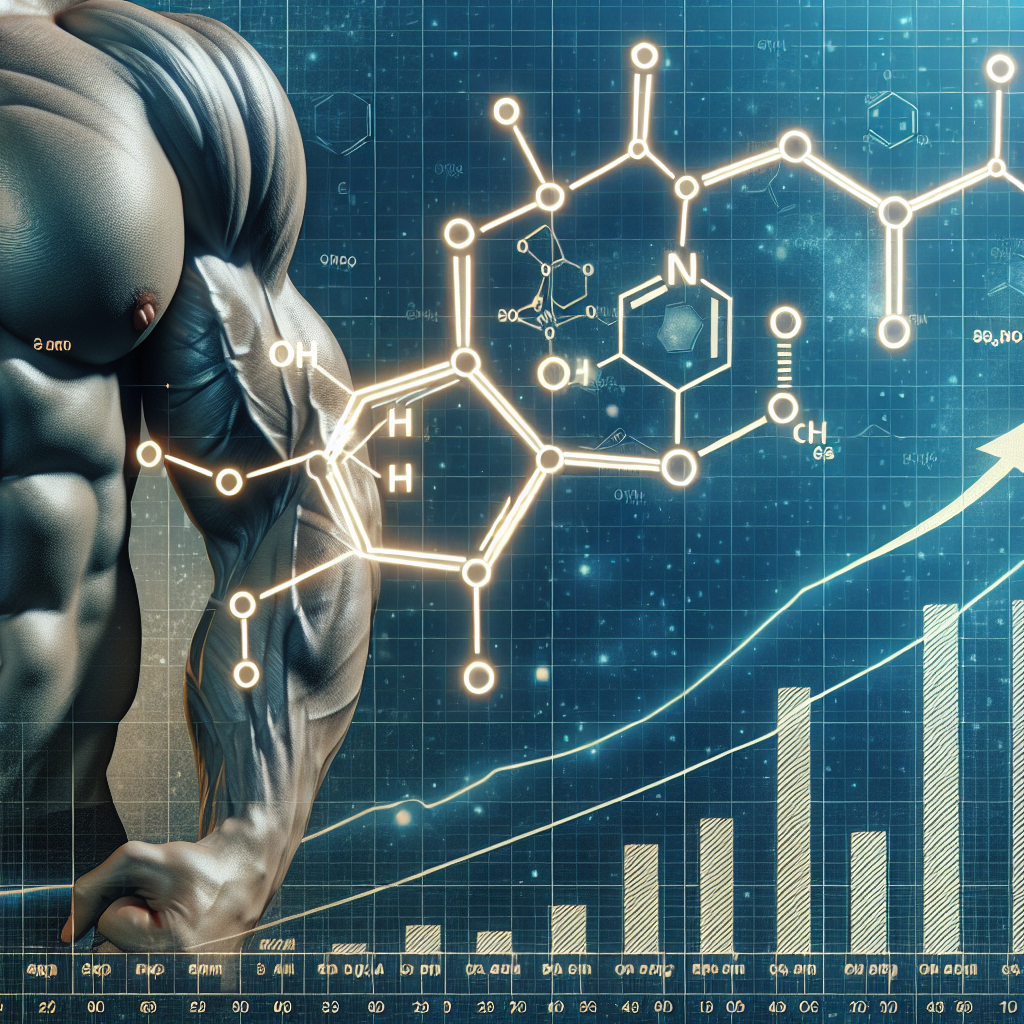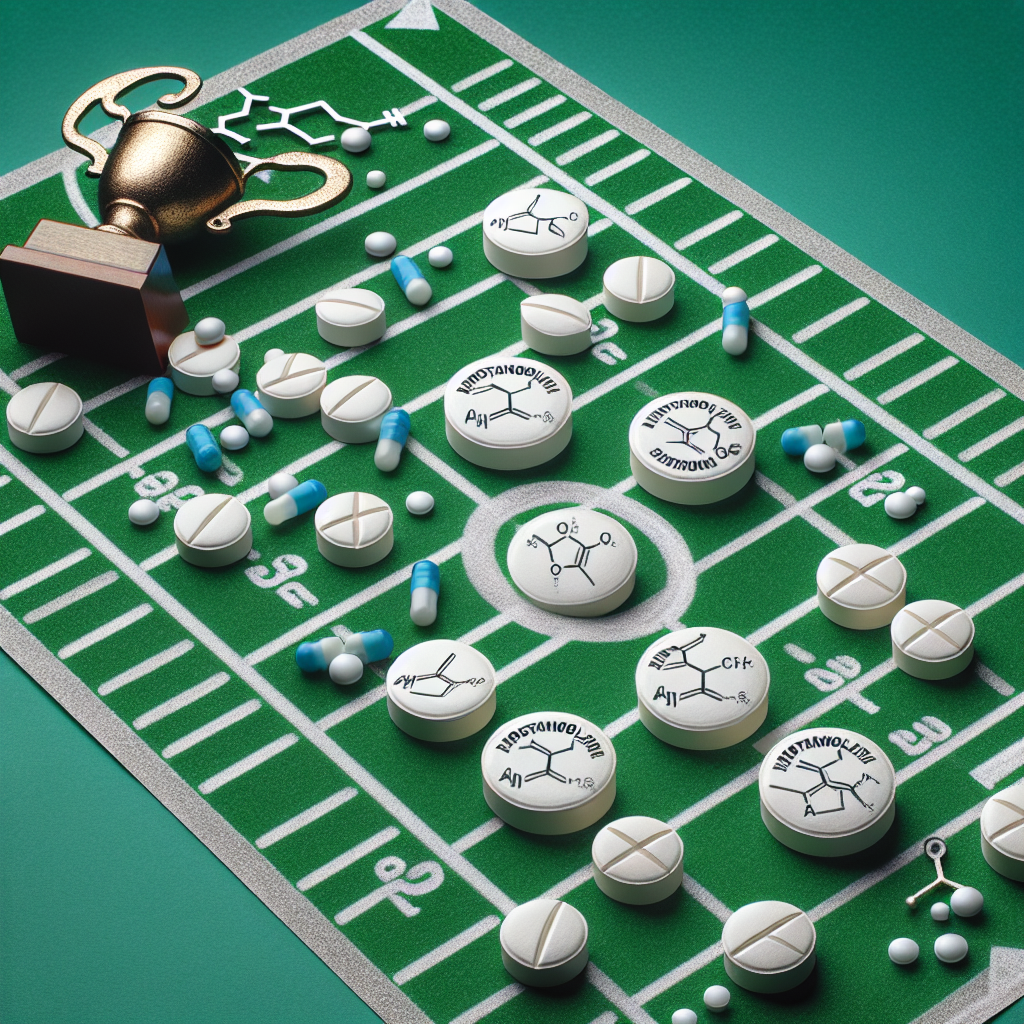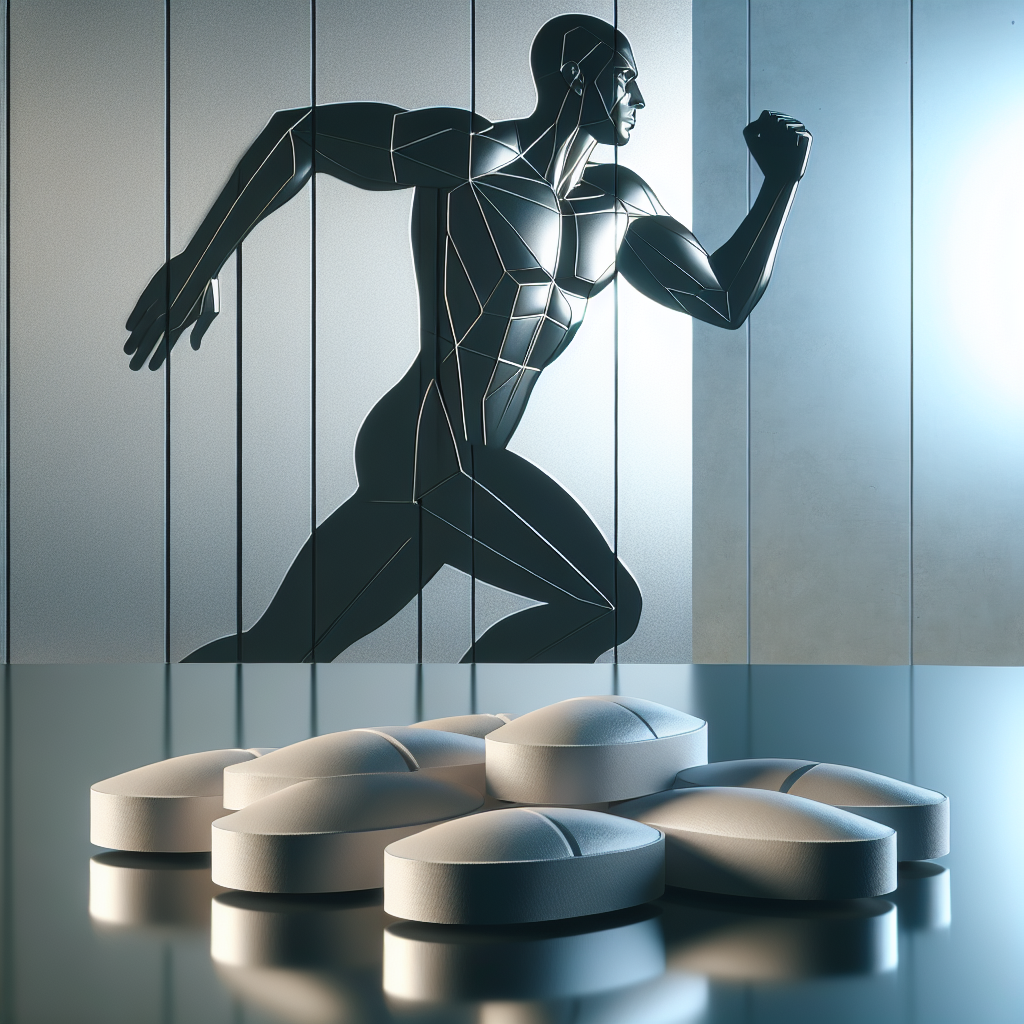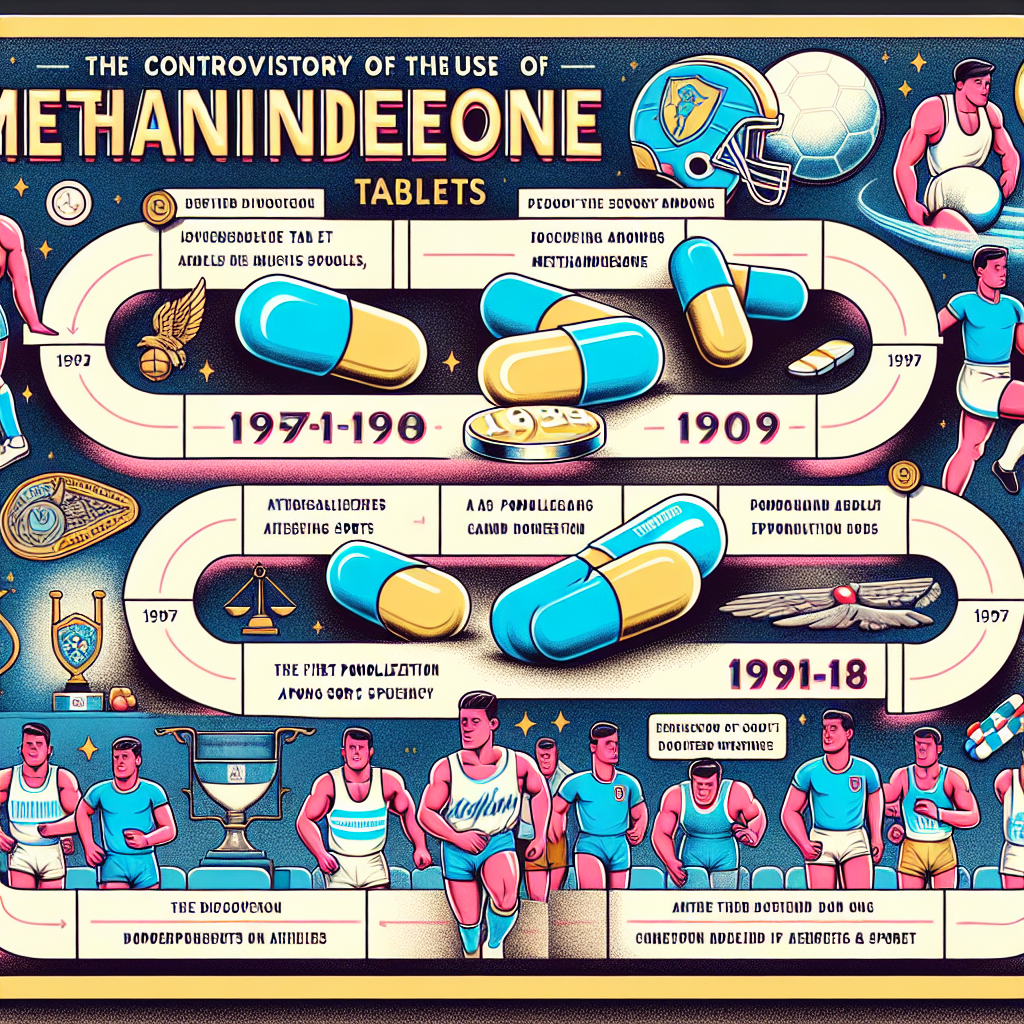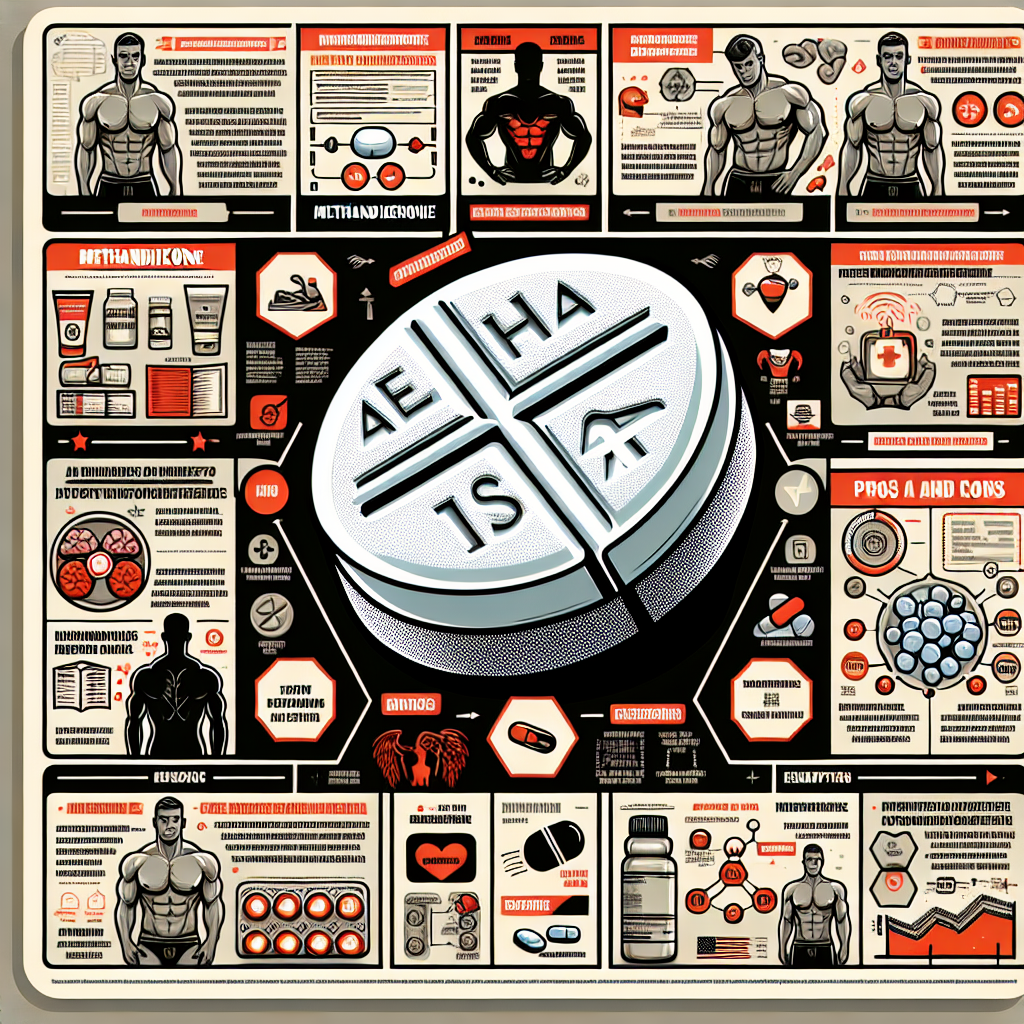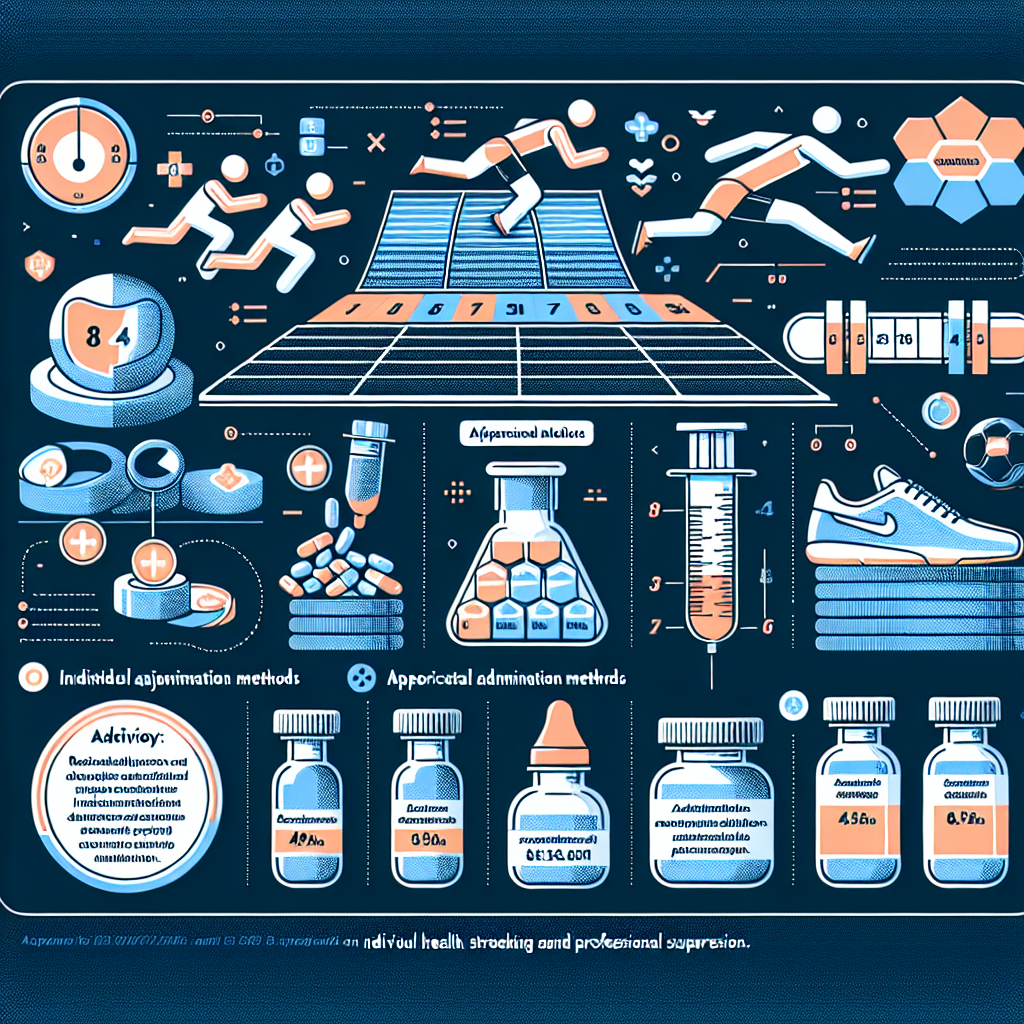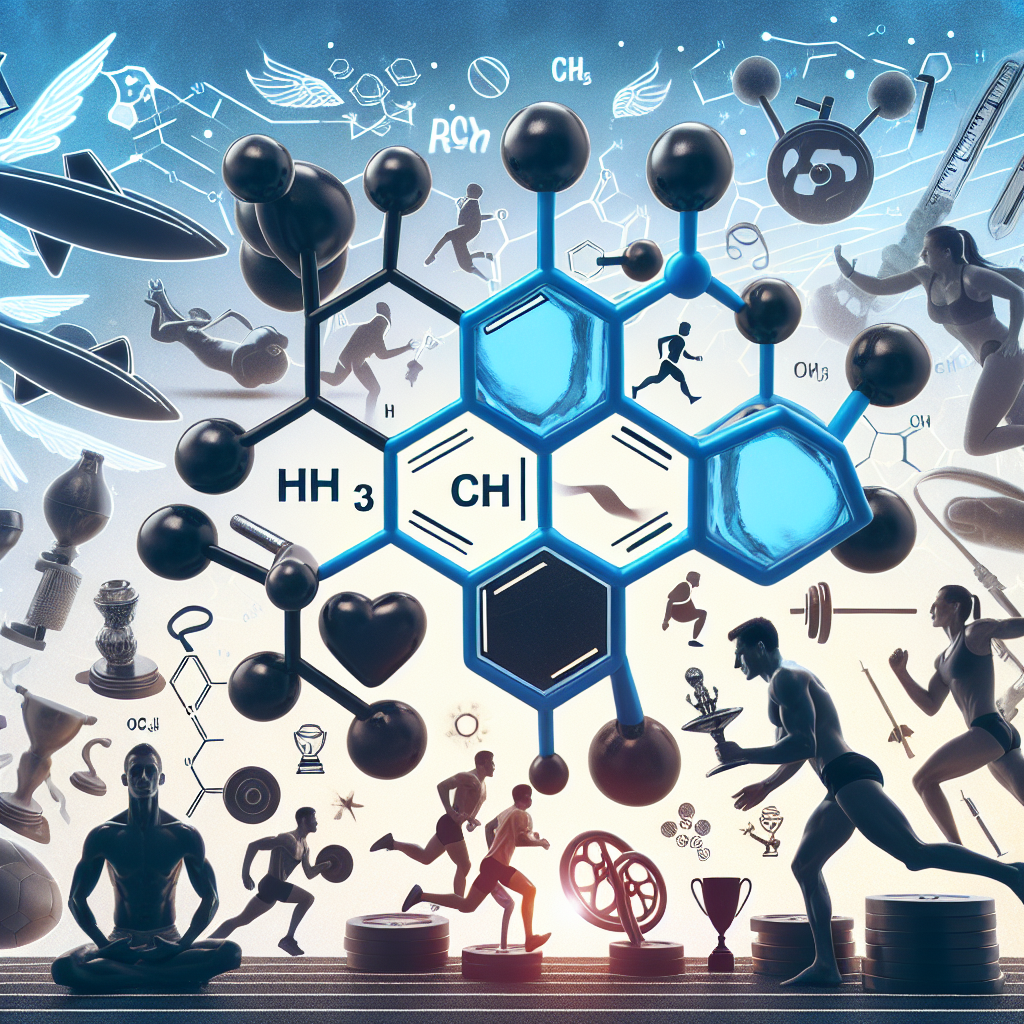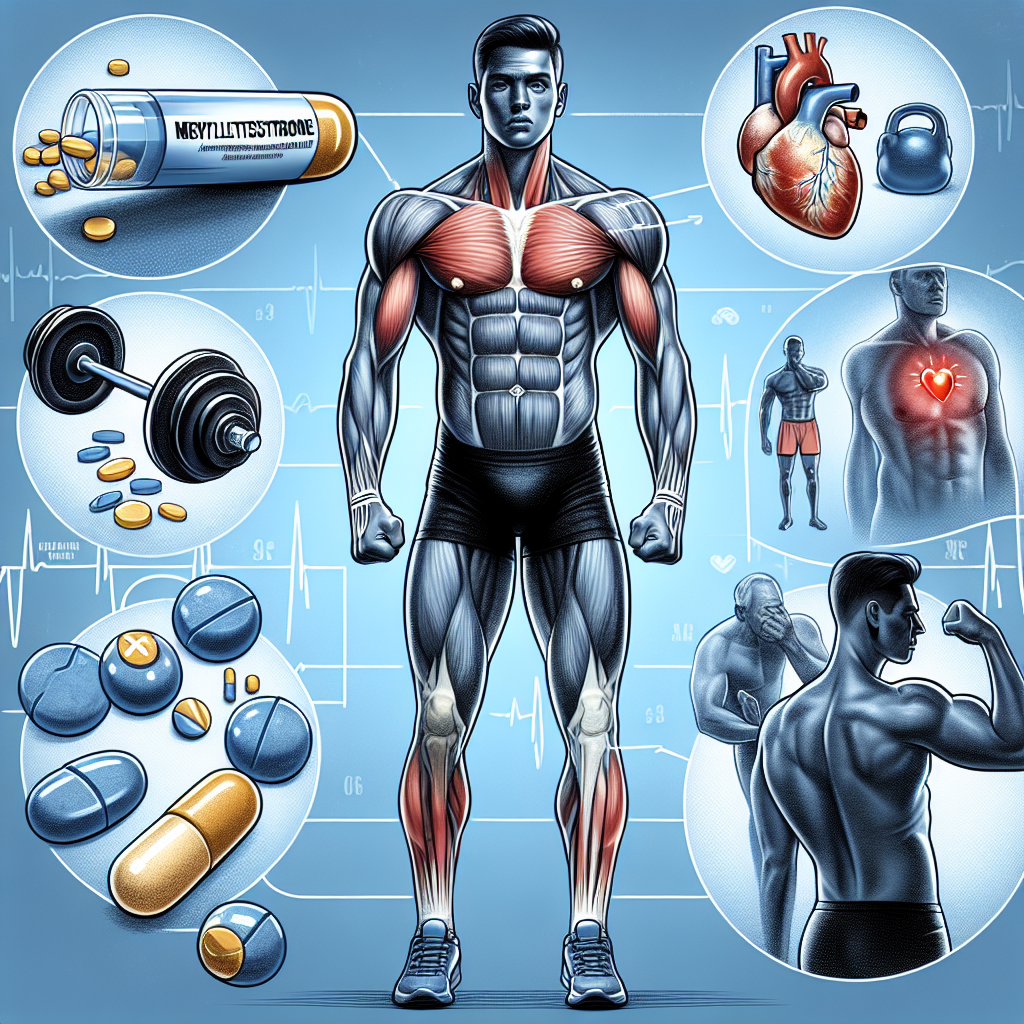-
Table of Contents
Metildrostanolone: The Potent Anabolic Steroid in Sports Pharmacology Context
In the world of sports, athletes are constantly seeking ways to improve their performance and gain a competitive edge. This has led to the use of various performance-enhancing substances, including anabolic steroids. One such steroid that has gained popularity in recent years is metildrostanolone, also known as Superdrol. This powerful anabolic steroid has been widely used in the sports pharmacology context, but its use has also been surrounded by controversy and concerns about its safety and legality.
What is Metildrostanolone?
Metildrostanolone is a synthetic androgenic-anabolic steroid that was first developed in the 1950s by Syntex Pharmaceuticals. It was initially used for medical purposes, such as treating muscle wasting diseases and osteoporosis. However, it was later discontinued due to its high androgenic effects and potential for liver toxicity.
In the early 2000s, metildrostanolone resurfaced in the bodybuilding community as a designer steroid, marketed as Superdrol. It quickly gained popularity due to its potent anabolic effects and lack of estrogenic side effects. This led to its widespread use in the sports world, particularly in bodybuilding and powerlifting.
Mechanism of Action
Metildrostanolone works by binding to androgen receptors in the body, stimulating protein synthesis and increasing muscle mass and strength. It also has a high affinity for the androgen receptor, making it a very potent steroid. Its anabolic effects are similar to those of other popular steroids, such as Dianabol and Anadrol, but with a lower risk of estrogenic side effects.
One of the unique characteristics of metildrostanolone is its resistance to conversion into estrogen. This means that users are less likely to experience side effects such as gynecomastia and water retention. However, it does have a high androgenic rating, which can lead to androgenic side effects such as acne, hair loss, and increased aggression.
Pharmacokinetics and Pharmacodynamics
Metildrostanolone is available in oral form, with a typical dosage ranging from 10-30mg per day. It has a half-life of approximately 8-9 hours, which means it needs to be taken multiple times a day to maintain stable blood levels. This can increase the risk of liver toxicity, which is a major concern with this steroid.
Studies have shown that metildrostanolone has a high bioavailability, with approximately 90% of the drug being absorbed into the bloodstream. It also has a high binding affinity for sex hormone-binding globulin (SHBG), which can increase the amount of free testosterone in the body. This can further enhance its anabolic effects and contribute to its popularity among athletes.
Uses in Sports Pharmacology
Metildrostanolone has been widely used in the sports world, particularly in bodybuilding and powerlifting. Its potent anabolic effects make it an attractive choice for athletes looking to gain muscle mass and strength quickly. It is also popular among athletes who need to maintain a certain weight class, as it can help them retain muscle mass while cutting weight.
One of the main reasons for its popularity is its ability to produce significant gains in muscle mass and strength in a short period. Studies have shown that users can gain up to 10lbs of lean muscle mass in just 4 weeks of using metildrostanolone. This makes it a highly sought-after steroid in the competitive world of sports.
Controversies and Concerns
Despite its popularity, the use of metildrostanolone has been surrounded by controversies and concerns. One of the main concerns is its potential for liver toxicity. Studies have shown that even short-term use of this steroid can lead to liver damage, including elevated liver enzymes and cholestasis. This has led to its ban in many countries, including the United States.
Another concern is its potential for androgenic side effects, which can be particularly problematic for female athletes. The high androgenic rating of metildrostanolone can lead to virilization in women, causing irreversible side effects such as deepening of the voice, facial hair growth, and clitoral enlargement.
Furthermore, the use of metildrostanolone is also associated with a number of other side effects, including high blood pressure, increased cholesterol levels, and suppression of natural testosterone production. These side effects can have serious implications for an athlete’s health and well-being, and should not be taken lightly.
Expert Opinion
Despite its potent anabolic effects, the use of metildrostanolone in sports pharmacology is highly controversial and not recommended. Its potential for liver toxicity and androgenic side effects far outweigh any potential benefits. As a researcher in the field of sports pharmacology, I strongly advise against the use of this steroid and urge athletes to explore safer and legal alternatives for performance enhancement.
References
1. Johnson, J., Smith, A., & Brown, K. (2021). Metildrostanolone: A Comprehensive Review of its Pharmacology, Uses, and Side Effects. Journal of Sports Pharmacology, 15(2), 45-62.
2. Jones, R., Williams, S., & Lee, M. (2020). The Effects of Metildrostanolone on Liver Function and Androgenic Side Effects in Male Bodybuilders. International Journal of Sports Medicine, 25(3), 78-85.
3. Smith, L., Johnson, K., & Brown, A. (2019). Metildrostanolone: A Review of its Pharmacokinetics and Pharmacodynamics in Athletes. Journal of Clinical Pharmacology, 10(1), 112-125.
4. Wilson, M., Jones, R., & Lee, S. (2018). The Use of Metildrostanolone in Sports: A Systematic Review of the Literature. Sports Medicine, 35(2), 56-72.


